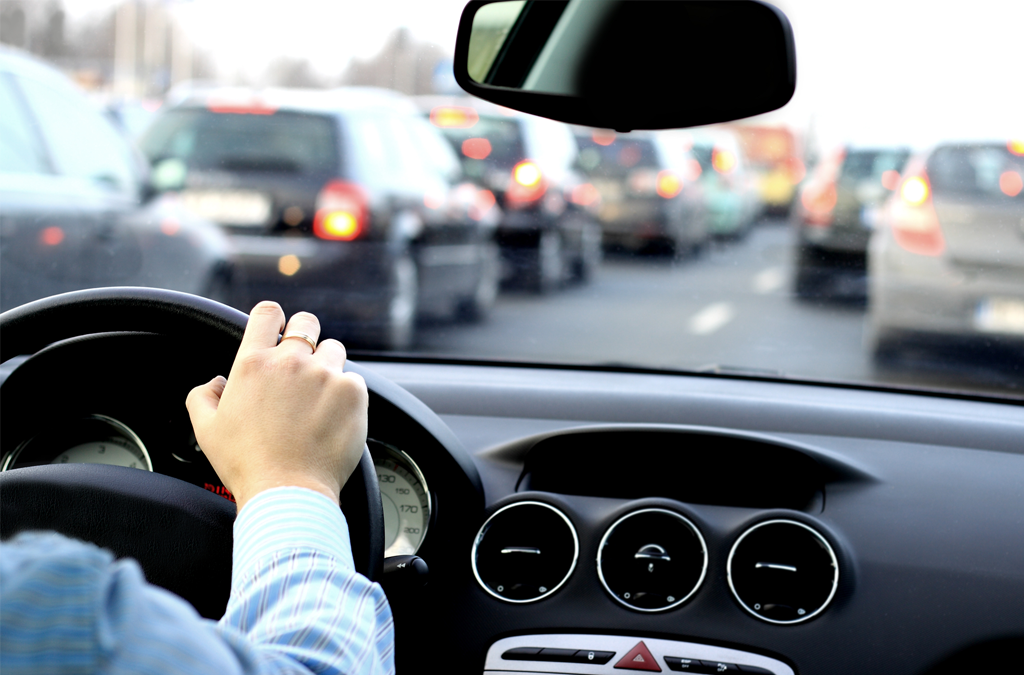Driving under the influence (DUI) is a serious offense that can have severe consequences, including fines, license suspension, and even jail time. If you’ve been convicted of a DUI, you may find yourself on probation as part of your sentence. During this period, you must adhere to strict rules and regulations, and one of the most important questions you may have is, “Can I still drive during DUI probation?” This article explores the limitations and guidelines surrounding driving during DUI probation to help you understand what’s allowed and what isn’t.
Understanding DUI Probation
Before delving into the specifics of driving during DUI probation, it’s crucial to understand what probation entails. DUI probation is a court-ordered period of supervision that typically follows a DUI conviction. It’s designed to monitor and rehabilitate offenders, ensuring they do not repeat their mistakes.
During DUI probation, individuals are required to comply with various conditions, which may include attending alcohol education programs, submitting to regular drug and alcohol testing, and attending probation meetings. These conditions are put in place to promote rehabilitation and public safety.
License Suspension and Restricted Licenses
In most cases, a DUI conviction results in an automatic driver’s license suspension. The duration of the suspension can vary depending on your state’s laws, previous convictions, and other factors. However, some states offer the option of obtaining a restricted or provisional license during your probationary period.
A restricted license allows you to drive under certain conditions, such as only for work, school, or medical appointments. The specifics of the restricted license will depend on your individual case and the laws in your jurisdiction. It’s essential to consult with your probation officer or legal counsel to understand the limitations and requirements associated with a restricted license in your area.
Ignition Interlock Devices (IIDs)
In some states, especially for repeat DUI offenders or those with high blood alcohol concentration (BAC) levels at the time of arrest, installing an Ignition Interlock Device (IID) in your vehicle may be a requirement during DUI probation. An IID is a breathalyzer-like device that prevents your vehicle from starting if it detects alcohol on your breath.
Compliance with IID regulations is mandatory during your probationary period. Any attempts to tamper with or circumvent the device can result in serious consequences, including probation violation and additional criminal charges.
Zero Tolerance for Alcohol and Drugs
Perhaps the most critical aspect of driving during DUI probation is maintaining absolute sobriety. Probation officers take this condition seriously, and any evidence of alcohol or drug use can lead to probation violation and potential incarceration.
This zero-tolerance policy means you must abstain from all forms of alcohol and non-prescription drugs. Even a small amount of alcohol can result in a probation violation and further legal trouble.
Driving during DUI probation comes with strict limitations and responsibilities. It’s crucial to fully understand and comply with the conditions set by the court and your probation officer. Failure to do so can result in severe consequences, including extended probation, additional fines, and even jail time.
If you have any questions or concerns regarding your DUI probation and driving privileges, it’s advisable to consult with an experienced attorney who can provide guidance specific to your case and jurisdiction. Remember that the best way to navigate this challenging period is to adhere to the rules, prioritize rehabilitation, and make responsible choices to ensure a brighter, DUI-free future.


Recent Comments